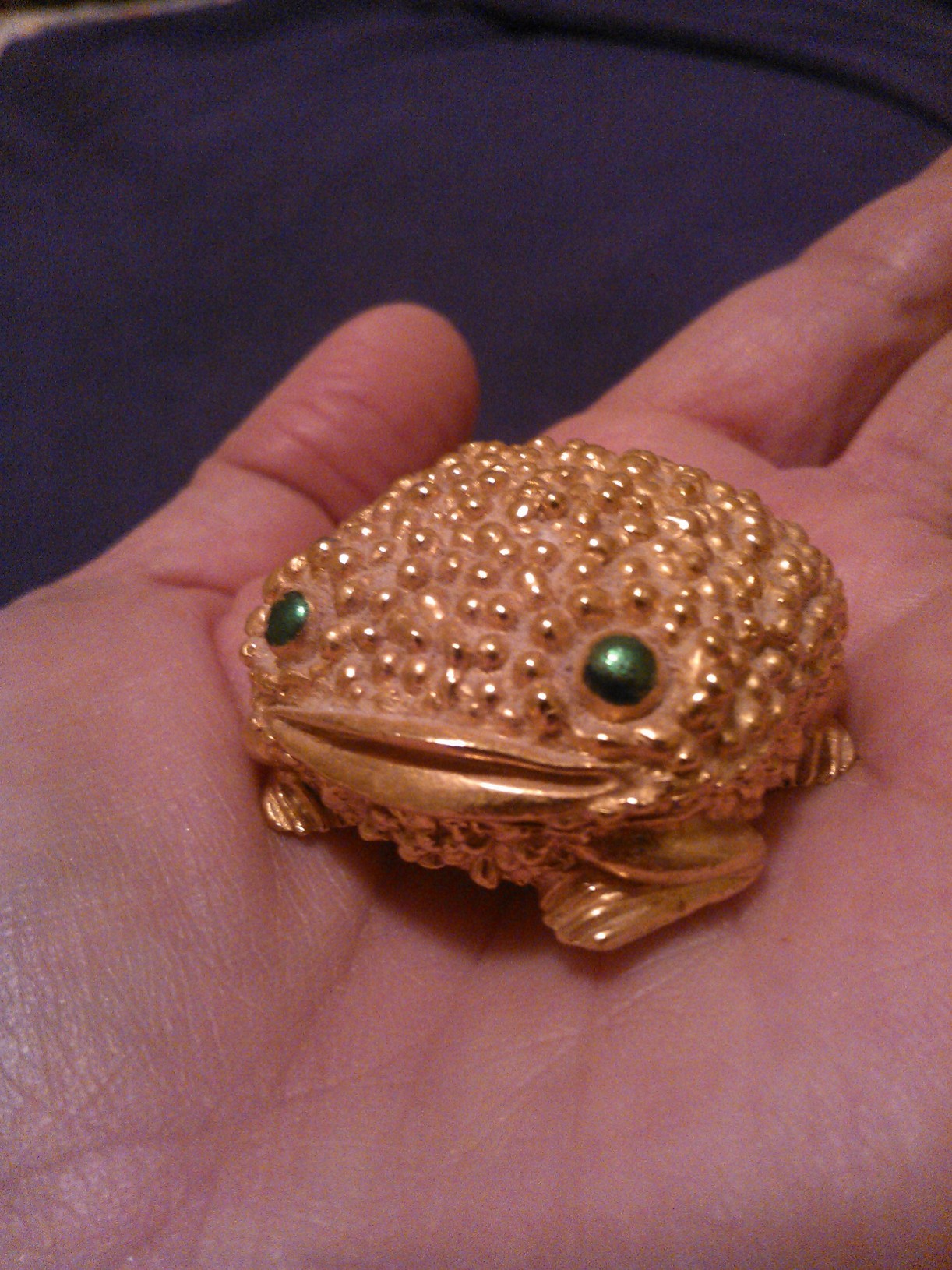Most of us enjoy hearing the words, “Till death do us part,” during a wedding ceremony, where the new couple is floating in bliss and envision being by each other’s side until death separates them. From my perspective, I see people who have a very passionate relationship with their material possessions, sometimes more so than with each other. It almost appears that they believe they can take their possessions with them when they leave earth.
For over two decades, I have tried to figure out why people have such a difficult time letting go. Often it’s the Depression Era generation that has accumulated the most stuff. Their parents did not have much and probably possessed mostly utilitarian items during that era. The Depression Era generation absorbed what their parents owned. The Boomers have much more stuff to deal with, but they have only so much space to keep things.
Here are some thoughts on why people hold on to so much. Where do you see yourself in these thoughts?
- You just never know when I’m going to need this.
- There are so many uses for this possession.
- If I hold onto it long enough, it will become valuable.
- It is already old, so it must be valuable.
- I did without as a child; I will not do without again.
- It was a gift and I will honor the giver by keeping it.
- The more I leave the kids, the more they will have.
- I worked very hard for these things and I will pass them down.
- The things bring comfort and familiarity.
- All these things make me feel close to my parents.
- My children will feel loved by me when I’m gone, because I left them all these things.
- I’m too overwhelmed to let it go (emotional attachment).
- I’ll let the kids deal with the stuff after I’m gone.
Here’s the part where I try to put my clients at ease. When in doubt, always have the contents of an estate viewed by a true professional prior to distributing or selling contents. Most times, the heirs are not surprised to learn that much of what mom and dad amassed doesn’t have much value. Some children feel the stuff may be “junk” and are pleasantly surprised to find that some pieces have significant value. Family stories through the years can add to the anticipation that grandfather’s chair is valuable because it is old. Yet, we know age is not the only determining factor of true value.
For every reason listed above, there is a counter-reason to let it go.
- Many of your heirs won’t take as much as you would like to give them.
- Boomer children already have houses full of stuff; adding more will only fuel marital strife.
- Your younger generations appear to want very little but cash assets.
- Leaving a huge burden for your children should not be your legacy.
- Much of your stuff will be out of style and not genuinely desired by your heirs.
- Your heirs may have different lifestyles and your stuff won’t fit those styles.
- Many are trying to simplify their own lives, not add more stuff to clean and hold.
- If you sell your stuff now, you can purchase other things you would truly enjoy.
- These items were treasured by someone else, but not you and not now.
Holding on to possessions, for the sake of not wanting to let them go, can leave a negative impact on those left behind. Gifting valuable items now is a beautiful way to pass along your treasures and watch your heirs enjoy them. Making plans for the distribution of your possessions, while you are still in control of these decisions, is the best plan of action.
©2015 The Estate Lady®
Julie Hall, The Estate Lady®, is the foremost national expert on personal property in estates, including liquidating, advising, and appraising. http://www.TheEstateLady.com She is also the Director of American Society of Estate Liquidators®, the national educational and resource organization for estate liquidation. http://www.aselonline.com.
No part of The Estate Lady® blogs, whole or partial, may be used without Julie Hall’s written consent. Email her at Julie@TheEstateLady.com.




